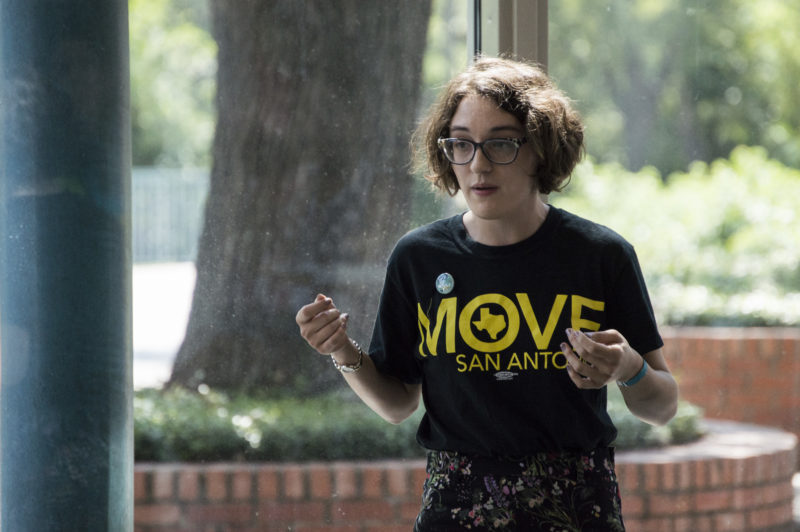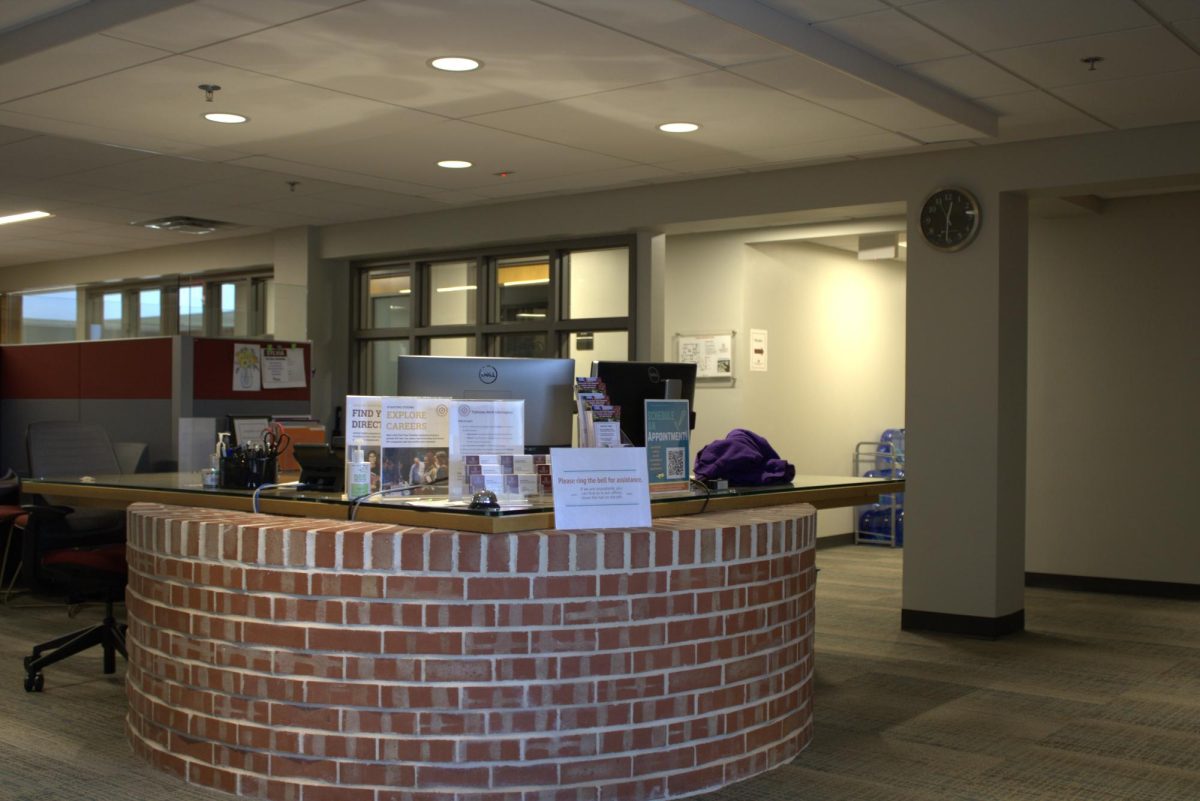I am writing this second addition of “Talking Politics” during Easter break at my grandmother’s house on the northeast side of San Antonio. In this edition, I want to address civic engagement from a personal perspective.
From where I am sitting in my grandmother’s computer room I can see her cork board of reminders and sketchy internet passwords. Many of these notes are from a prominently pinned stationary labeled “Pre-K 4 SA: Early Inspiration, Future Success.”
This is because my cousin attends the Pre-K 4 SA program, a municipal initiative championed by former mayor Julián Castro that, according to the vision and goals on the City of San Antonio webpage, strives to establish “a positive trajectory for educational attainment by providing four-year-olds with a complete experience that ensures academic excellence in school inspiring students to develop ganas for learning and to become contributing members of society.”
As stipulated by the Texas Education Agency, and as listed on the Pre-K 4 SA enrollment webpage, children within participating districts are eligible for free tuition if the child is:
- Eligible for the National Free and Reduced Lunch Program or receives SNAP or TANF benefits,
- Unable to speak and comprehend the English language (as determined by assessment),
- Homeless, as defined by the McKinney-Vento Homeless Assistance Act (as determined by district),
- The child of an active duty member of the armed forces of the United States, including the state military forces or a reserve component of the armed forces, who is ordered to active duty by proper authority,
- The child of a member of the armed forces of the United States, including the state military forces or a reserve component of the armed forces, who was injured or killed while serving on active duty,
- Is or has been in the conservatorship of the Department of Family and Protective Services following an adversary hearing, or
- Is the child of a person eligible for the Star of Texas Award.
Pre-K 4 SA expands access to pre-kindergarten education for children in San Antonio who might be missed by our traditional systems and for families who would might not be able to afford tuition. Moreover, in relation to their recent independent annual report, Pre-K 4 SA attempts to set a high standard for facilities, child engagement and educational attainment.
At this point, you might be asking, “What does your cousin’s special pre-school program have to do with me or civic engagement?” Well, a lot. The program is partially funded by a 1/8th-cent-per-dollar sales tax increase. The tax increase is set to expire in 2020, and will be up for review by our city council.
Without attempting to evaluate the effectiveness of this program, I want Trinity students to understand that we are the future of civic engagement and ultimately will contribute to the community dialogue — or lack of it — on crucial issues like childhood access to pre-kindergarten, for children like my cousin, and for all kids across San Antonio.
According to the Texas Civic Health Index voter registration for those aged 18–24 was 48%, compared to 78% in the 65+ age group. Ultimately, the same report ranks Texas 47th in voter turnout and 44th for voter registration for the 2016 presidential election.
Finally, it was reported that 20% people between 18–24 years old are members of groups, while 48% of those 65 and above are members of groups. Young people are being out-voted and out-engaged.
There are structural reasons for this, from a lack of civic education in schools to the barring of things like school IDs at the polls. Still, we as college students and young people must fight those barriers because the only reasons I am aware of Pre-K 4 SA and the city council are:
- I vote regularly in local elections.
- I participate in organizations that teach me the importance of local involvement like the Texas Civic Ambassadors Program and MOVE San Antonio in the city, and Trinity Progressives on campus.
Now, when it comes time in 2020 for Pre-K 4 SA’s funding to be renewed, I will know how to do my research and what to say to my city council to ensure that kids like my cousin and others have access to an affordable and quality education regardless of their socioeconomic background.
I have learned to take the long view when it comes to civic engagement. Future Trinity Tigers should come from all sectors of society; and that starts with my cousin, pre-K 4 SA and you.
Chiara Pride is a sophomore and a Texas Civic Ambassador for UT-Austin’s Annette Strauss Institute for Civic Life. More information about the Annette Strauss Institute and their programs can be found on their website.




